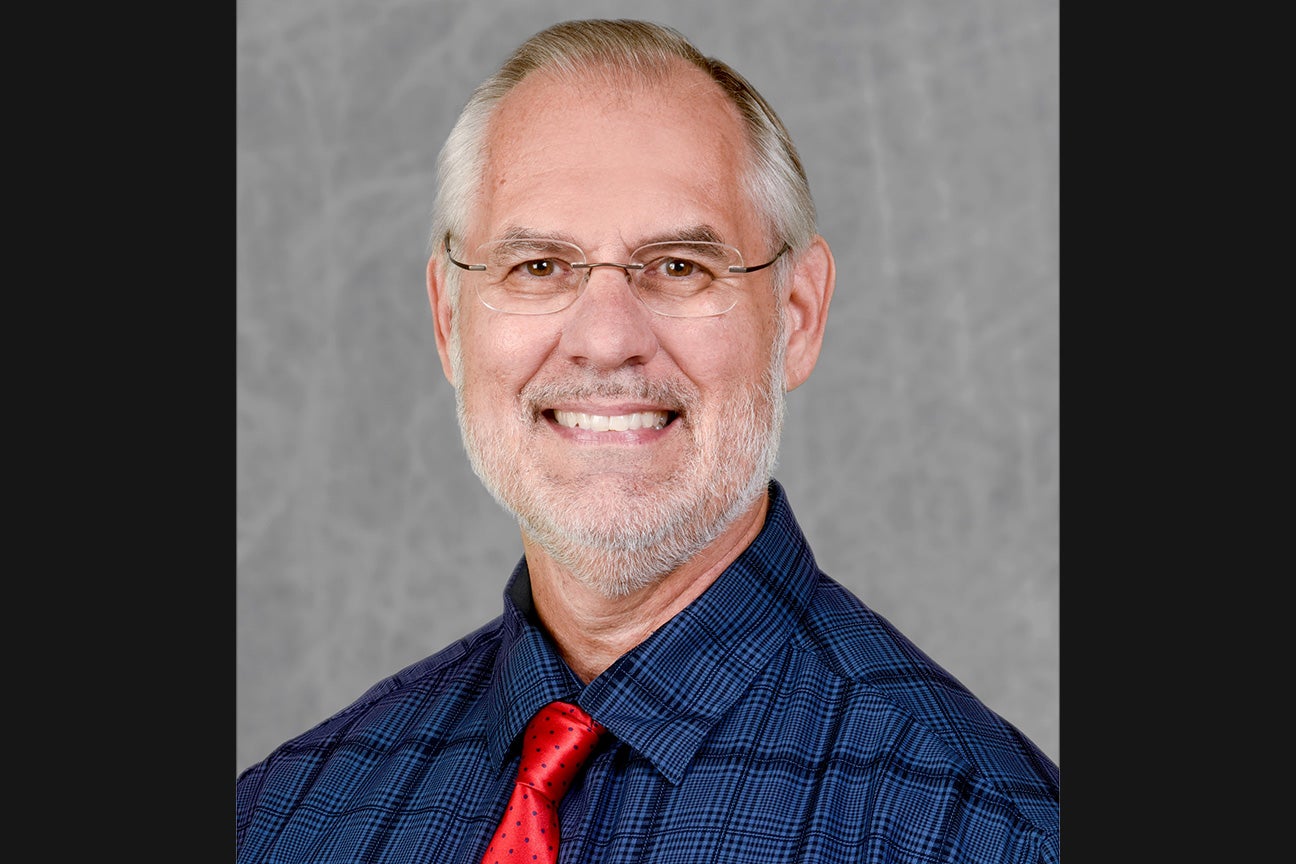Column: Why teachers care about Medicaid expansion
Published 2:28 pm Thursday, May 23, 2019

- Nancy Snipes Mosley
by Nancy Snipes Mosley
There is a reasonable question being asked about the inclusion of Medicaid expansion in NCAE’s legislative priorities for the May 1st Day of Action. If a large proportion of kids are already covered, why do teachers want to expand coverage for North Carolina families? The answer is simple – working with kids every day, we naturally see the link between the overall health and well-being of the family and how well a child will grow in the classroom.
Social scientists have provided continual evidence that parental involvement and family socioeconomic status have an impact on academic performance ever since sociologist James Comey first delivered the findings of a two-year study required by the Civil Rights Act of 1964 to Congress. According to Johns Hopkins professor Stephen Morgan in a retrospective of that groundbreaking study, “Too many proposals for innovative educational reforms fail to recognize how important family is. Policymakers have dropped the ball on that insight.”
Medicaid expansion can help reach the families of some of our most vulnerable children and adolescents, offering prevention and treatment of conditions that could impact the parents’ ability to be fully involved and create a stable household. It can even help some kids gain coverage through the welcome-mat effect, whereby states that move to “whole-family” coverage see an increase in children enrolled due to improved awareness of the process. Recent studies have also found that Medicaid expansion decreases household debt and improves the overall financial security of low-income households.
I myself have struggled with several chronic health conditions since I became a parent. The investigation of causes and experimentation with different treatments over time has been costly, time-consuming and stressful. Even with insurance, I currently owe thousands of dollars in medical bills. Without insurance coverage, I would still be physically suffering and financially struggling to meet the needs of my kids and give them the support they need to thrive at school.
My family also gets a great deal of help from grandparents with childcare and school support. Without access to good medical insurance (built on a foundation of Medicare), their health would be in serious decline. They wouldn’t be as able to pick my kids up from school when I have a doctor’s appointment, help them with projects when I am not feeling well, or attend school activities and performances when I can’t get off work because I’ve already missed too many days from being sick.
Left untreated, my conditions would lead to me having to change jobs and move due to lower income. My kids would have to transfer to a new school. The disruption in my ability to provide consistent care for the kids and household would put a strain on my relationship with their dad. I can’t even imagine having to take care of my kids as a single parent with un-managed medical conditions. Many of our students are dealing with that situation as a reality.
My kids’ well-being is linked to mine. When I think about this, I am actually humbled by the privilege we enjoy as the result of my having good health coverage. It’s heartbreaking to think about the kids whose families can’t afford to take care of their health.
NCAE’s call to action on May 1st does include more than just funding schools. If we care about our students, we have to care about their families too.
Nancy Snipes Mosley is a Wake County high school teacher who serves as a board member of the education advocacy group Red4EdNC. This article first appeared in N.C. Policy Watch.
FOR MORE COLUMNS AND LETTERS TO THE EDITOR, CHECK OUT OUR OPINION PAGE.





